
in this issue
general news
Welcome to the December issue of Bluelines!
Our Holiday Book Sale is in full swing, but only through December 10th! Take 50% off sitewide with code HOL21. Keep an eye on our sales page for current sales and specials. Or, better yet, subscribe to our emails so you don’t miss out on special offers.
We’re thrilled to announce our Spring/Summer 2022 catalog, with books in literature, art history, religious studies, rhetoric and communication, modernism, medieval and early modern studies, current events, and more. Browse the full catalog here.
Please note that the Press offices will be closed for winter break from December 18th through January 3rd. See you in 2022!
Happy holidays,
new & noteworthy
 A Jewish Bestiary
A Jewish Bestiary
Fabulous Creatures from Hebraic Legend and Lore
Mark Podwal
“A children’s book for grown-ups, A Jewish Bestiary is modest in appearance, broad in learning and deep in subtle humor.”—The New York Times
 Deplorable
Deplorable
The Worst Presidential Campaigns from Jefferson to Trump
Mary E. Stuckey
“Stuckey brilliantly identifies when and how discourse degenerates to despicable and campaigns deteriorate to deplorable. I highly recommend her exquisitely written, lush, and lyrical exploration of these critical elections.”—Diane J. Heith, author of The Presidential Road Show: Public Leadership in an Era of Party Polarization and Media Fragmentation
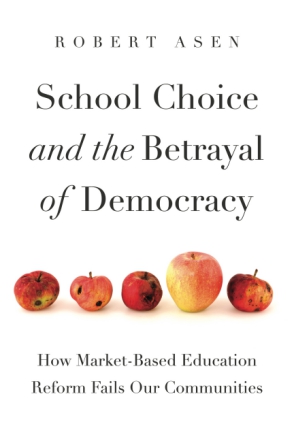 School Choice and the Betrayal of Democracy
School Choice and the Betrayal of Democracy
How Market-Based Education Reform Fails Our Communities
Robert Asen
“The affirmative and affirming vision of School Choice and the Betrayal of Democracy is one that rejects the ‘neutrality’ of ‘the market,’ and the habit of ignoring problems such as economic coercion, in favor of a world of interconnection. Asen’s elegant analysis of the (a)morality of neoliberalism is sure to be heavily cited for years to come.”—Patricia Roberts-Miller, author of Demagoguery and Democracy
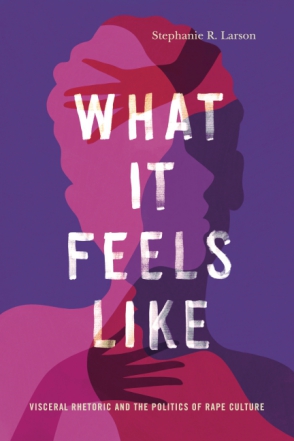 What It Feels Like
What It Feels Like
Visceral Rhetoric and the Politics of Rape Culture
Stephanie R. Larson
“What It Feels Like is an exciting contribution to rhetorical studies and women’s and gender studies, offering a theory of visceral rhetoric that provides both explanatory power for rape culture and a potential framework for feminist intervention. It addresses a timely topic in a refreshingly new way, providing critical insight into how rape culture is rhetorically constituted as well as reason to hope for change.”—Elizabeth C. Britt, author of Reimagining Advocacy: Rhetorical Education in the Legal Clinic
subject/series highlight
“Animal representation has long figured in the history of the Jewish book. Indeed, the earliest printed Jewish book containing illustrations, as far as is known, is a collection of medieval animal fables, Meshal Ha-Kadmoni (“The Ancient Parable”). By the thirteenth and fourteenth centuries, the bestiary had achieved a popularity in the Christian world second only to that of the Bible. The earliest extant illustrated bestiary dates from the ninth century. Medieval bestiaries were almost always accompanied by illustrations, and this combination of text and picture provides the genre with special charm. In addition to being a kind of encyclopedia of the animal kingdom, the bestiary also served as a book of Christian moral and religious instruction. . . ”
psu press presents

If you missed our November virtual author panel, “Disrupting Rhetorics of Privilege in Race, Sexuality, and Education,” you can view it here!
Click here to learn more about PSU Press Presents.
unlocked book of the month
Each month we’re highlighting a book available through PSU Press Unlocked, an open-access initiative featuring scholarly digital books and journals in the humanities and social sciences. This month’s pick: Pennsylvania Deer and Their Horns.
journals news
new from eisenbrauns
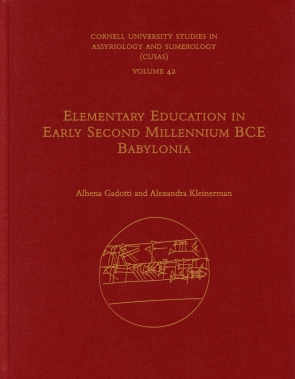 Elementary Education in Early Second Millennium BCE Babylonia
Elementary Education in Early Second Millennium BCE Babylonia
Alhena Gadotti and Alexandra Kleinerman
new from graphic mundi
 Hakim’s Odyssey
Hakim’s Odyssey
Book 1: From Syria to Turkey
Fabien Toulmé
“[A] stupendous testimony of survival”—starred review, Booklist
| Control your subscription options |
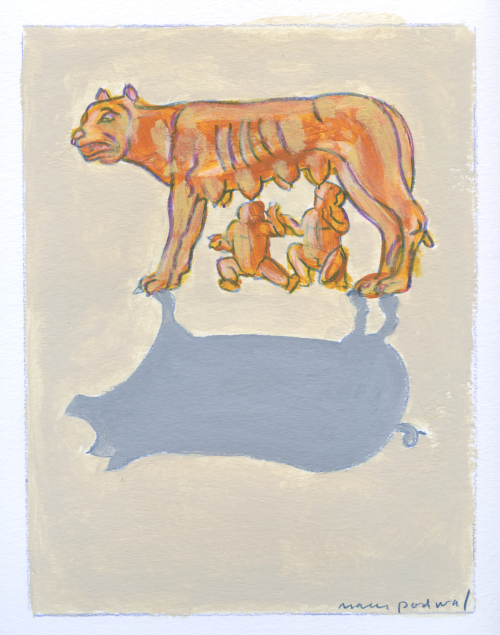
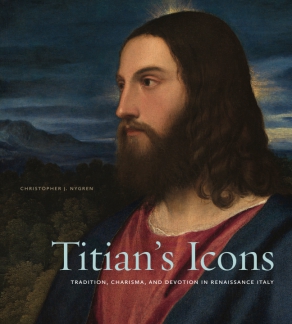

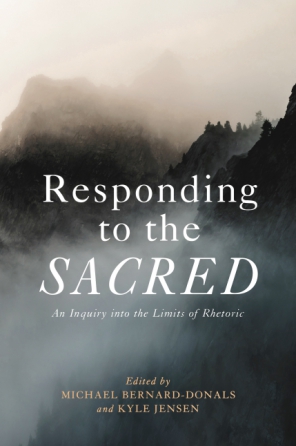
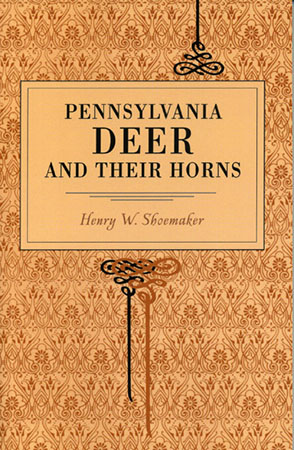

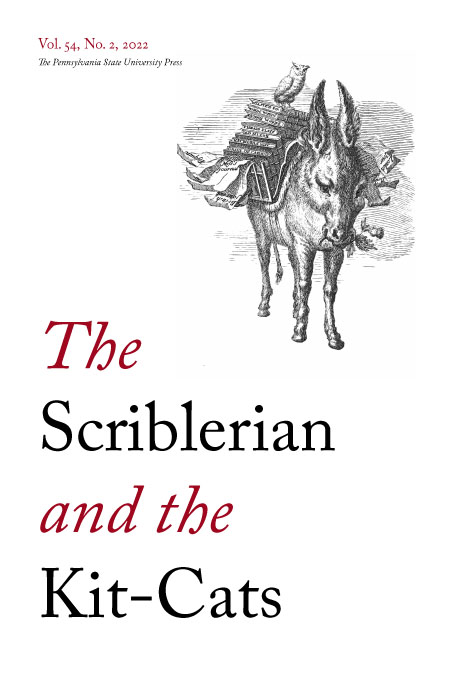
 Camels in the Biblical World
Camels in the Biblical World
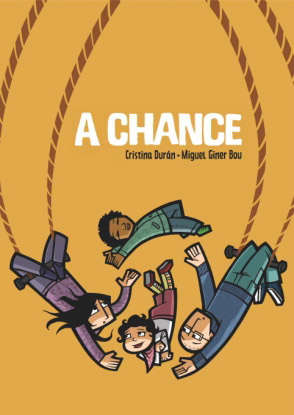 A Chance
A Chance
